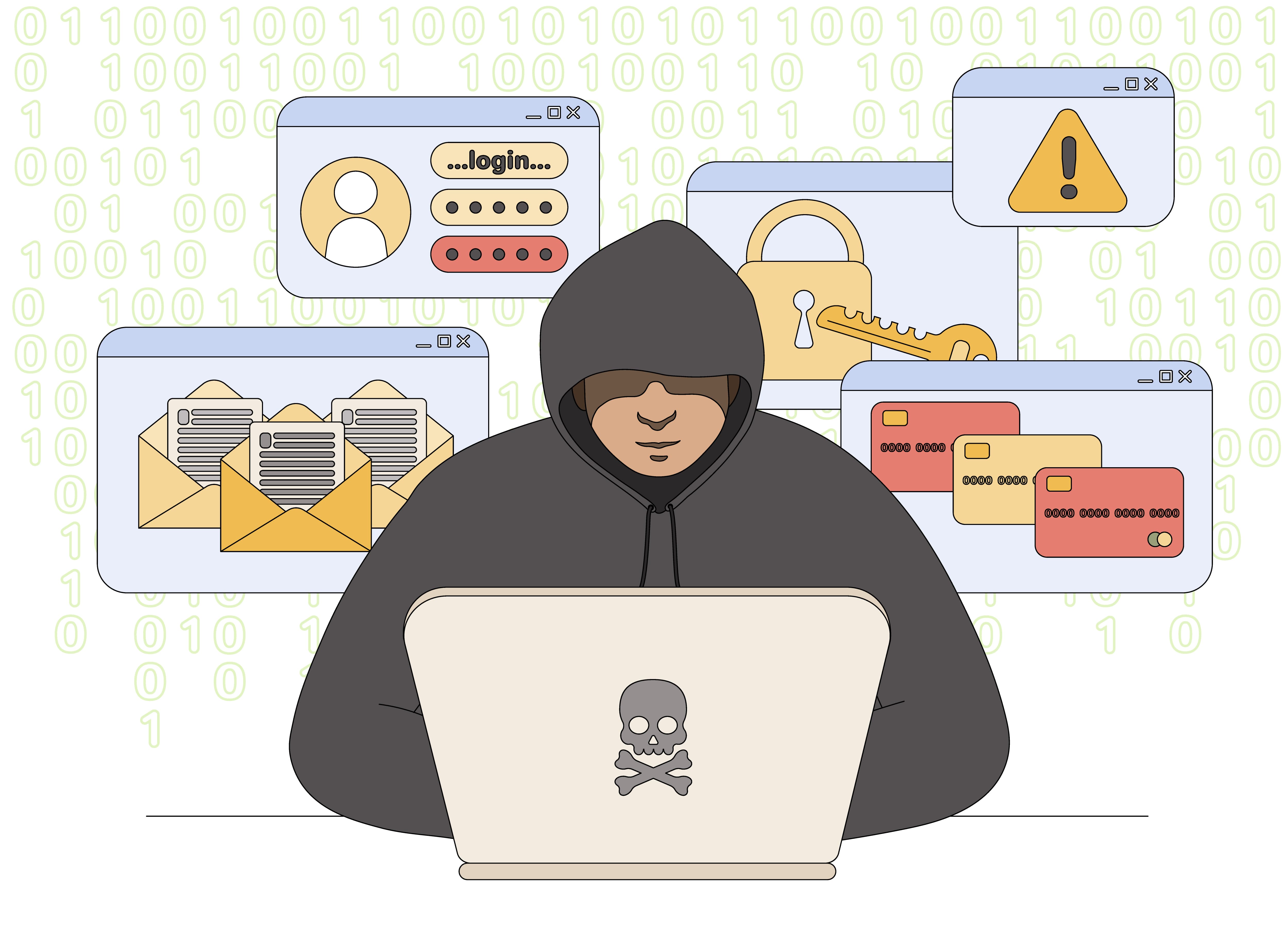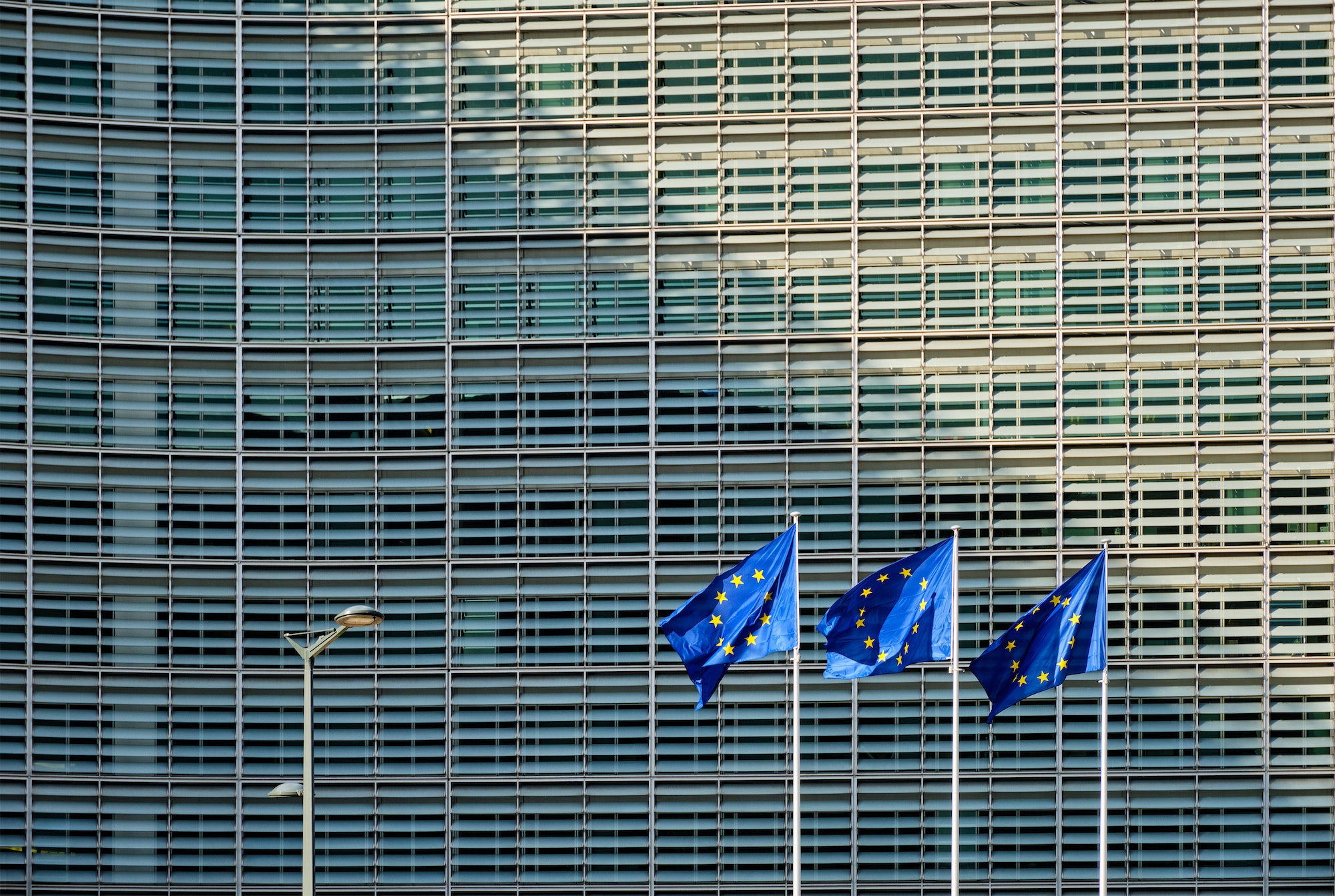A malvertising campaign is targeting IT workers in the EU with fake GitHub Desktop installers, according to Arctic Wolf. The goal is to steal credentials, deploy ransomware, and infiltrate sensitive systems. The operation has reportedly been active for over six months.
Attackers used malicious Google Ads that redirected users to doctored GitHub repositories. Modified README files mimicked genuine download pages but linked to a lookalike domain. MacOS users received the AMOS Stealer, while Windows victims downloaded bloated installers hiding malware.
The Windows malware evaded detection using GPU-based checks, refusing to run in sandboxes that lacked real graphics drivers. On genuine machines, it copied itself to %APPDATA%, sought elevated privileges, and altered Defender settings. Analysts dubbed the technique GPUGate.
The payload persisted by creating privileged tasks and sideloading malicious DLLs into legitimate executables. Its modular system could download extra malware tailored to each victim. The campaign was geo-fenced to EU targets and relied on redundant command servers.
Researchers warn that IT staff are prime targets due to their access to codebases and credentials. With the campaign still active, Arctic Wolf has published indicators of compromise, Yara rules, and security advice to mitigate the GPUGate threat.
Would you like to learn more about AI, tech, and digital diplomacy? If so, ask our Diplo chatbot!










